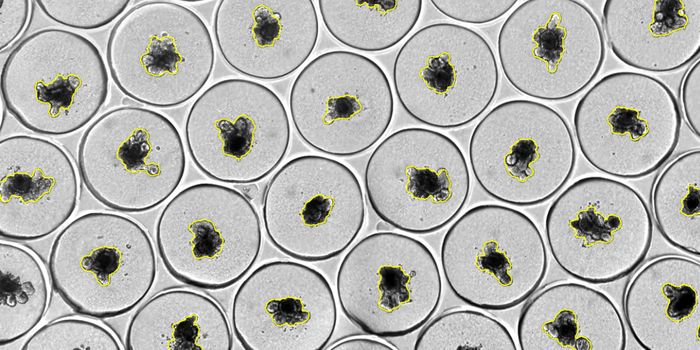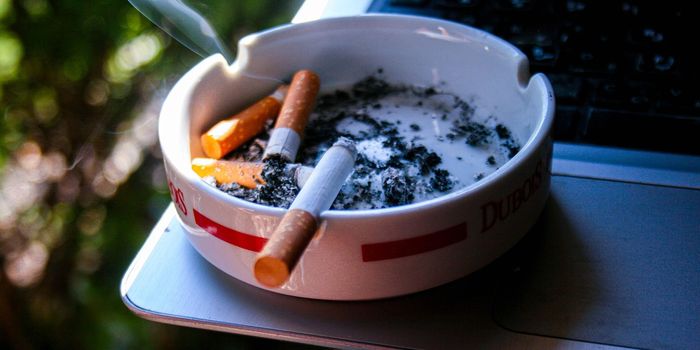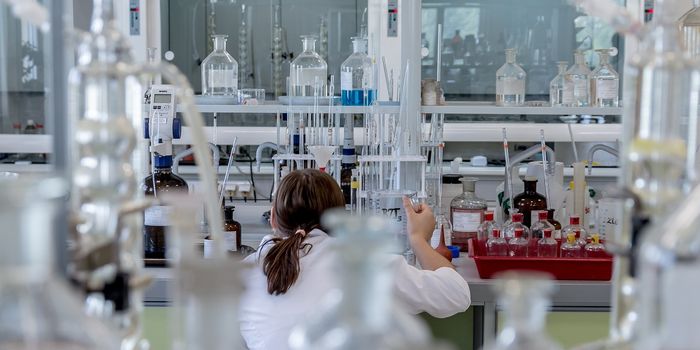Cancer Development in Birds is Linked to Reproduction
We talk a lot about cancer, but despite knowing that cancer affects almost every species, you might not be familiar with how cancer impacts other animals. Labroots has covered topics related to cancer in non-human species, like dogs, elephants, and sea lions, and we discuss many studies using animal models for cancer research. However, we don’t often focus on how cancer develops outside humans or human model systems. Understanding cancer in other species can give us new clues and guide research targeting human disease, offering insight for potential breakthroughs.
Birds (class Aves) are one such group that can develop cancer, and scientists have only a minimal understanding of what factors contribute. A recent publication in the journal Evolution, Medicine, & Public Health found an interesting link to cancer prevalence in birds.
The researchers hypothesized that energy trade-offs made throughout a bird's lifetime could directly impact the likelihood of cancer incidence. Specifically, they investigated the relationship between reproduction and cancer, predicting that birds with a “high investment” in reproduction would have a greater likelihood of developing cancer.
The study, which included an analysis of 108 species of birds from 25 zoos, evaluated cancer prevalence as obtained from nearly 6,000 necropsies. The life history data, including body mass, lifespan, and reproduction, used for the study came from published databases.
The results discuss “eggs per clutch,” which refers to the number of eggs produced in a nesting attempt. The researchers found that birds that lay more eggs exhibited higher cancer rates. The study reported no significant association when examining other traits, such as body mass and life span. Interestingly, the authors also reported no significant difference in cancer incidence between male and female birds.
The findings of this study unveil a surprising novelty in the trade-offs in energy investments made by birds. In other words, when birds invest more in reproduction (such as by laying large quantities of eggs), less investment remains for somatic maintenance, a process of protecting cells from DNA damage that can lead to cancer.
Sources: Evol Med Pub Health









